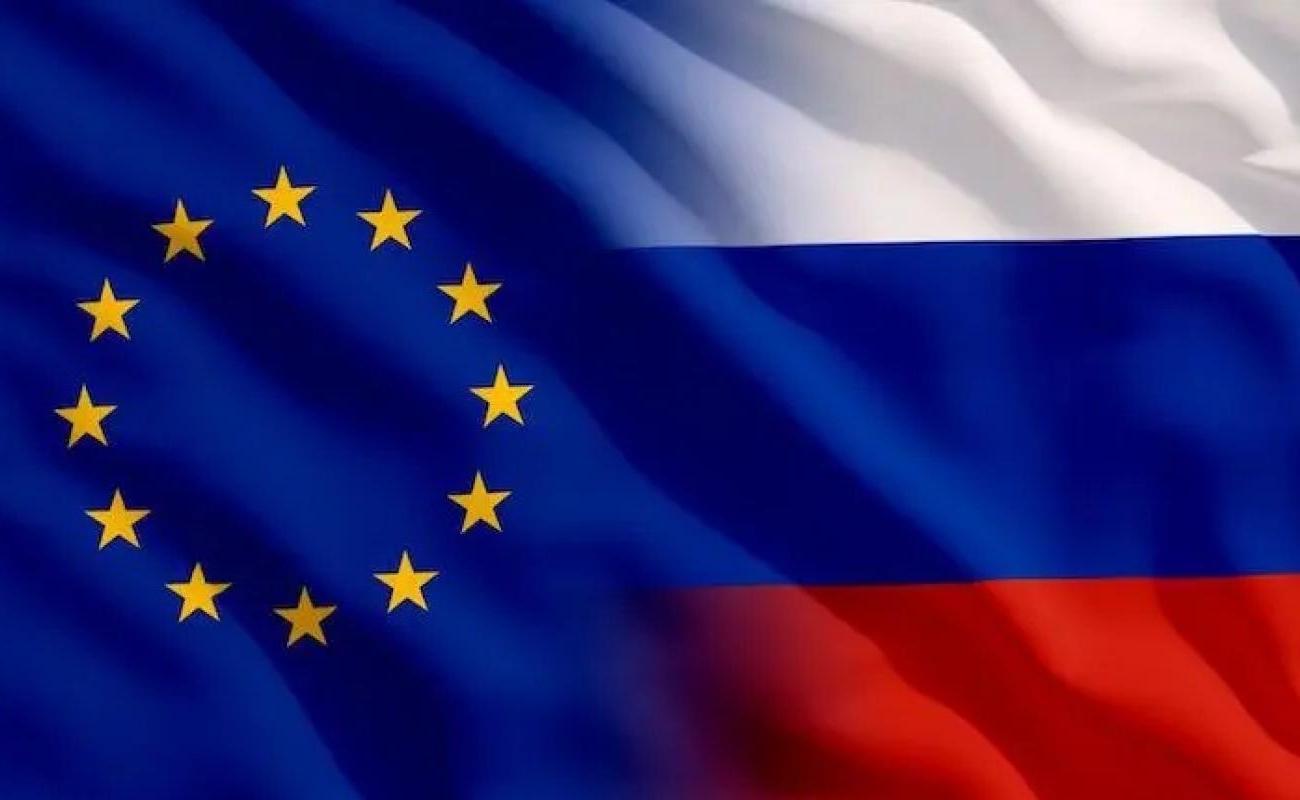Europe Hits New Targets For Russia’s Human Rights Violations – OpEd

In a significant move underscoring its continued condemnation of human rights abuses in Russia, the Council of the European Union announced on 21 November that it is imposing restrictive measures on 10 additional individuals. The decision, made by EU foreign affairs ministers, focuses on those deemed responsible for grave violations in Russia, including the mistreatment of Ukrainian prisoners of war and the intensified repression of civil society, independent journalism, and democratic opposition.
This latest round of sanctions zeroes in on senior officials within the Main Directorate of the Federal Penitentiary Service for the Rostov Oblast, particularly those overseeing Pre-Trial Detention Centre No. 2. The EU’s findings describe a disturbing pattern of cruelty inside these facilities, where detainees, among them Ukrainian POWs, were subjected to inhumane living conditions and systematic abuse.
According to the Council, the detainees held under these officials’ authority endured regular beatings and lived in extreme deprivation. Food was limited, medical assistance was virtually nonexistent, and access to legal representation was severely restricted. Many prisoners faced relentless psychological pressure and physical coercion during interrogations, with the intent of forcing confessions to crimes ranging from terrorism to alleged war offenses.
The consequences of such treatment have been deadly. At least fifteen detainees are known to have died due to the conditions and abuse they suffered. Among them was Ukrainian investigative journalist Victoria Roshchyna, whose death has sparked international concern and deepened scrutiny of Russia’s detention practices. Her case has amplified calls from human rights organizations for greater transparency and accountability within the Russian penitentiary system.
The EU’s new listings also extend beyond the prison administration. Included among the sanctioned individuals are members of the Russian judiciary who played direct roles in politically driven prosecutions. One notable example is the case of Alexei Gorinov, a former municipal deputy from Moscow’s Krasnoselsky district. Gorinov received a three-year prison sentence simply for voicing criticism of Russia’s ongoing war of aggression against Ukraine. His trial and conviction have been widely condemned as emblematic of the Russian state’s escalating suppression of dissent.
Additionally, the Council highlighted individuals connected to politically motivated legal actions against journalists and activists linked to Russian opposition figure Alexey Navalny and his anti-corruption foundation. These prosecutions, often characterized by opaque procedures and predetermined outcomes, reflect a broader effort to silence voices challenging the Kremlin’s authority.
The sanctions introduced by the EU carry tangible consequences. All individuals on the list will have their assets within EU jurisdictions frozen, and European citizens and companies are now prohibited from making funds or economic resources available to them. Beyond financial restrictions, the designated individuals are also subject to a travel ban, preventing them from entering or even transiting through EU territories.
These measures are designed not only to impose accountability but also to send a clear message: the European Union will continue to respond firmly to human rights violations, particularly those occurring amid Russia’s war against Ukraine and its internal crackdown on dissent.
The official legal acts detailing the sanctions—including the full list of affected individuals—have been published in the EU’s Official Journal, ensuring transparency and allowing EU member states and institutions to enforce the measures effectively.
With this latest action, the European Union reinforces its commitment to supporting political freedoms, protecting journalists, and standing with victims of abuse. Whether these sanctions will alter the behavior of those responsible remains uncertain, but they underscore the EU’s determination to confront human rights violations wherever they occur.
